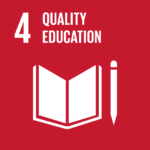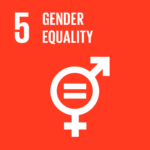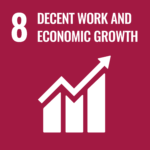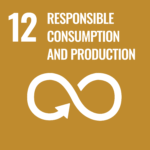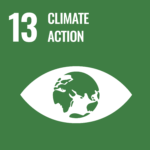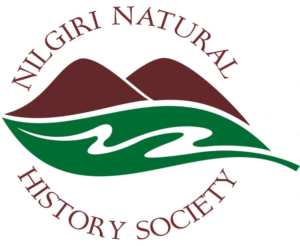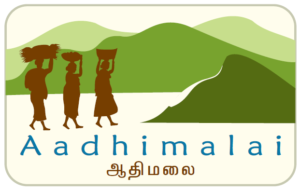Nilgiris First Community Radio
90.4MHz
7am to 7pm – Everyday
The Community Radio, Radio Kotagiri 90.4Hz has been a flagship programme and is the first community radio station in the Nilgiris district. The Community Radio (since 2013) has been operating in a 15km radius around the Kotagiri town panchayat.
The Radio has also supported community expressions from various quarters – women, children, migrants, tea estate workers, agriculturalists, health professions, educators and other citizen groups. In recent times, Radio Kotagiri 90.4MHz has been at the forefront of COVID-19 information dissemination and citizen awareness and works closely with government, other institutions and individuals. Radio Kotagiri 90.4MHz also happens to work over many Sustainable Development Goals, in collaboration with other programmes in Keystone Foundation, such as Biodiversity Conservation and Community Wellbeing.
Some of the listenership is from the nearby villages that comprises indigenous people and local communities. Since it is broadcasted from a hill town, its range covers far more than the targeted areas. The broadcasted contents cover a huge range of community experiences, social lives and livelihoods, awareness programmes, songs and storytelling in local languages from different parts of the biosphere reserve. Some of the recorded contents have been narrow-casted at the village level.
In the past, it has received programming funds from the Department of Science and Technology, Cultural Survival, Ideosync, Community Radio Association, UNICEF, UNESCO, amongst others. All of this has helped develop skill-sets amongst the Radio teams. The team has also collaborated with schools and colleges in Nilgiris and has trained undergraduate students in radio programming.
About Us
Community media as a tool has the potential to address the inaccessibility of information and can provide a platform for self-representation. It aids in democratising knowledge and information flows where community agency determines the content to be circulated, shared and read.
This Community Radio Station (CRS) currently has a studio set up and 3 full time staff, but has been able to run throughout the week with 3 Live Call-in programmes thrice each day with the help of many volunteers, interested contributors and other stakeholders. Radio Kotagiri has also been able to give technical and support to indigenous community media initiatives in regions with low-technological infrastructure as part of decentralising Information Communication Technologies.
Apart from running a licensed community radio station, the CRS also supports setting up and development of wifi mesh radios, facilitating marginalised communities in dissemination of knowledge in local languages. The efforts have been towards broadening community opinion, analysing social issues and building awareness.
Towards this end, the CRS offers perspectives related to biodiversity conservation, human wildlife interactions, climate change and resilience, organic agriculture and traditional livelihoods, socio-cultural histories, community access to forest resources and rights. The CRS has organised events such as street art, street theatre, rallies and campaigns, school engagements and other outreach activities.
Projects
Climate literacy: Communicating Sustainable Development Goals
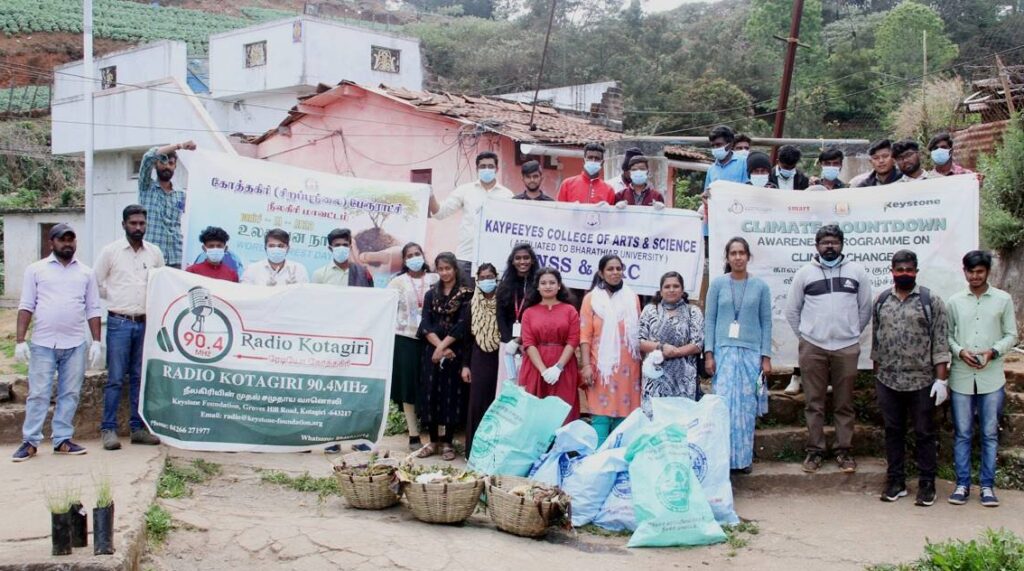
In collaboration with the organisation SMART (Seeking Modern Applications for Real Transformation), we worked on a project to create radio programmes on two Sustainable Development Goals, climate action (SDG 13) and gender equality (SDG 5). The programmes were broadcasted both through Radio Kotagiri as well as Kwol Radio (wifi mesh network based out of Garkiyur village) in the Irula, Kurumba, Kota, Toda, and Tamil languages. As a part of this project, we were able to work with students in enhancing their knowledge and understanding as well as building village level awareness.
The project sought to foster collaboration and critical thinking through games, team exercises focussed on problem-solving and events at their schools. Climate change games help instill a sense of responsibility and environmental stewardship among students. By actively engaging in the game, students become aware of their individual and collective impact on the environment. The events as a part of this work focussed on sharing local climate change stories, to raise awareness among community members and beyond. Through storytelling, the collection can effectively convey the urgency and reality of climate change, making it relatable and tangible.
Human Wildlife Coexistence (Sagavaalvu)
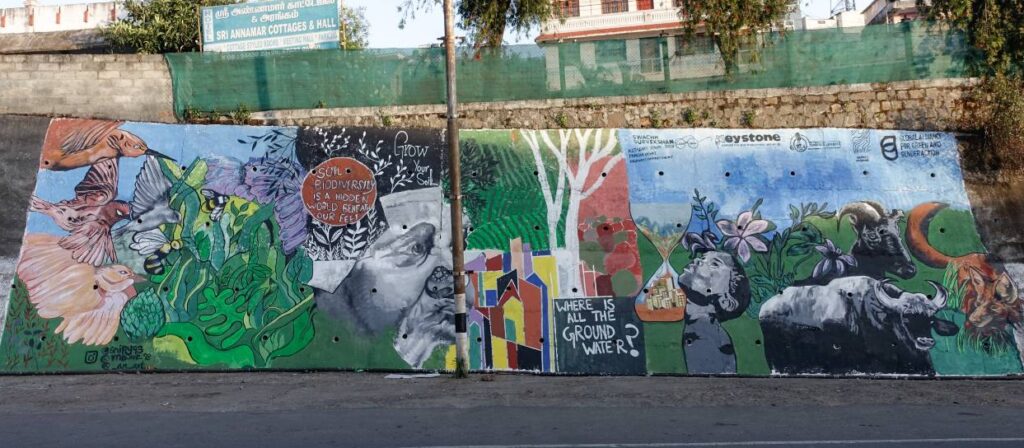
Through a project with SEGRE Foundation, under the IUCN Save our Species (SOS) initiative, the team took up a one-year project on awareness related to Human Wildlife Interactions. The programs emphasized the importance of coexistence between humans and wildlife and explored practical ways to reduce conflicts. The programs featured engaging discussions on effective measures to minimize human-wildlife conflicts, along with valuable tips on how individuals can actively participate in wildlife conservation efforts. By shedding light on these crucial topics, Radio Kotagiri aimed to raise awareness and inspire positive actions towards wildlife preservation. In addition to programme broadcasts, the radio team supported specific interventions :
- A street play named Sagavaalvukana Paarvai was performed as part of an awareness campaign on Human-Wildlife interactions at the Kotagiri bus station and market area. The play was also conducted at project locations at Indiranagar, Krishnaputhur, and Ambedkar Nagar.
- Two wireless mesh networks were initiated at Indiranagar and Ambedkar Nagar to support community-based storytelling and knowledge sharing.
Indigenous Media initiatives for COVID-19 Response (in Irula, Kurumba, Toda and Kota languages)
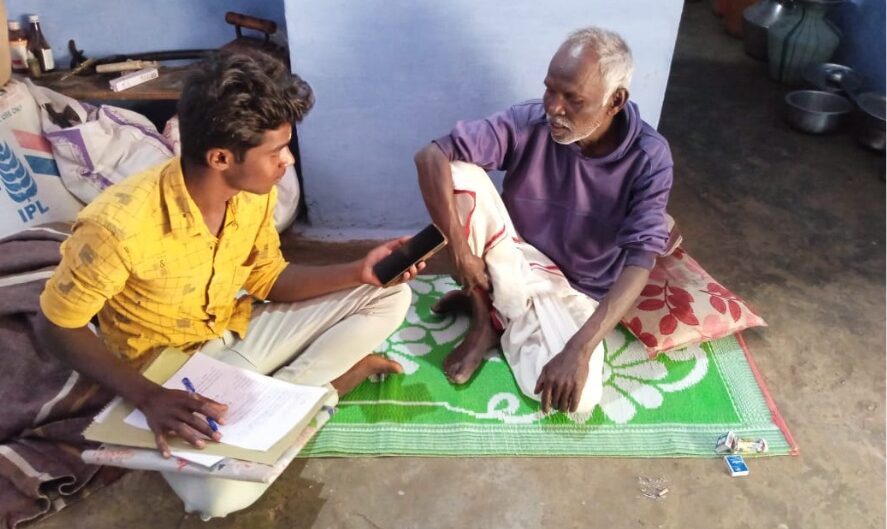
With support from the organisation, Cultural Survival, the radio team had a chance to look into post-COVID awareness in Indigenous communities of Nilgiris. The aim of Cultural Survival’s work is to look at the capacity building of Indigenous community youth and to support their storytelling initiatives in indigenous languages. The COVID-19 epidemic brought to light the need for community support groups and village level volunteerism in guaranteeing the safety and needs of vulnerable groups. Some of the capacity building programmes that volunteers were involved in included healthcare, mental health support, as well as community outreach.
Through frequent feedback sessions, appreciation certificates, and public acknowledgment, volunteer participation was continuously encouraged in social welfare programming during the pandemic.
Digital Rights

In collaboration with Seeking Modern Applications for Real Transformation (SMART), the aim of this project was to develop 12 episodes on concepts related to digital rights – including identifying fake news, cybersecurity and cyber frauds/bullying, privacy and password protection, etc. Through this project, we had conversations with local communities on digital rights, promoted thinking of Digital Rights as human rights, and simplified digital rights as a concept and to ensure that digital rights are inclusive, accessible and participative. Apart from regular broadcasting, the project also had a narrowcasting component, to reach the maximum number of local participants.
Several innovative initiatives were tried out under this project, such as development of protocols for partner engagement, stakeholders and community members, social media engagement, developing games and case studies as well as event based interventions, etc.
Our Team
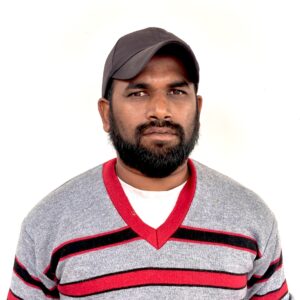
Manickam A
Assistant Programme Coordinator

Manickam A
Assistant Programme Coordinator
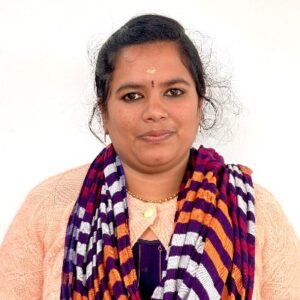
Sneha U
Radio Jockey

Sneha U
Radio Jockey
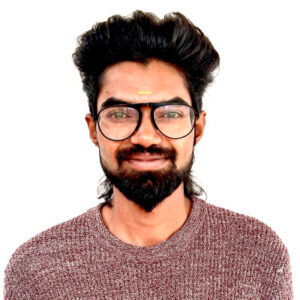
Parthiban G
Radio Jockey

Parthiban G
Radio Jockey


